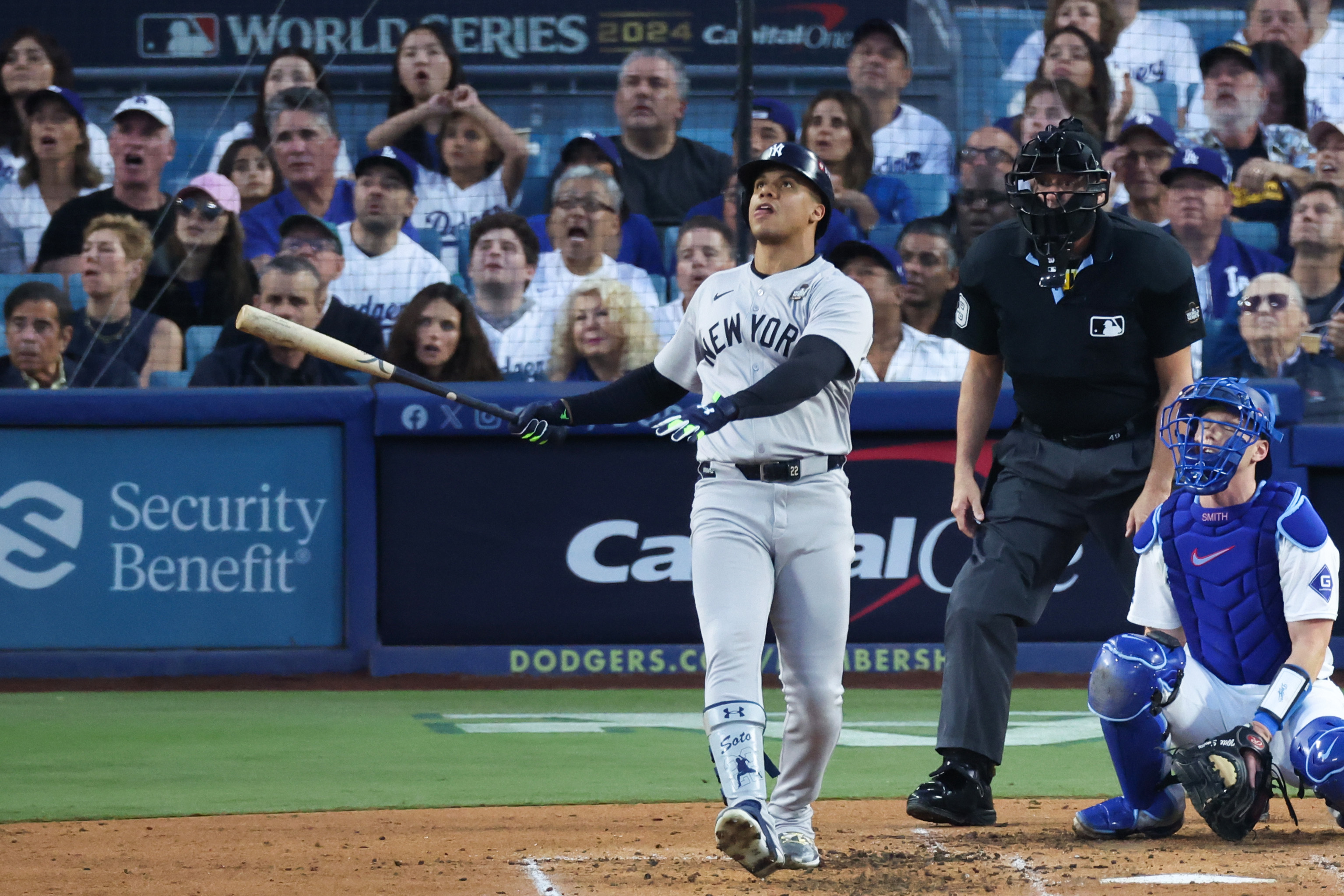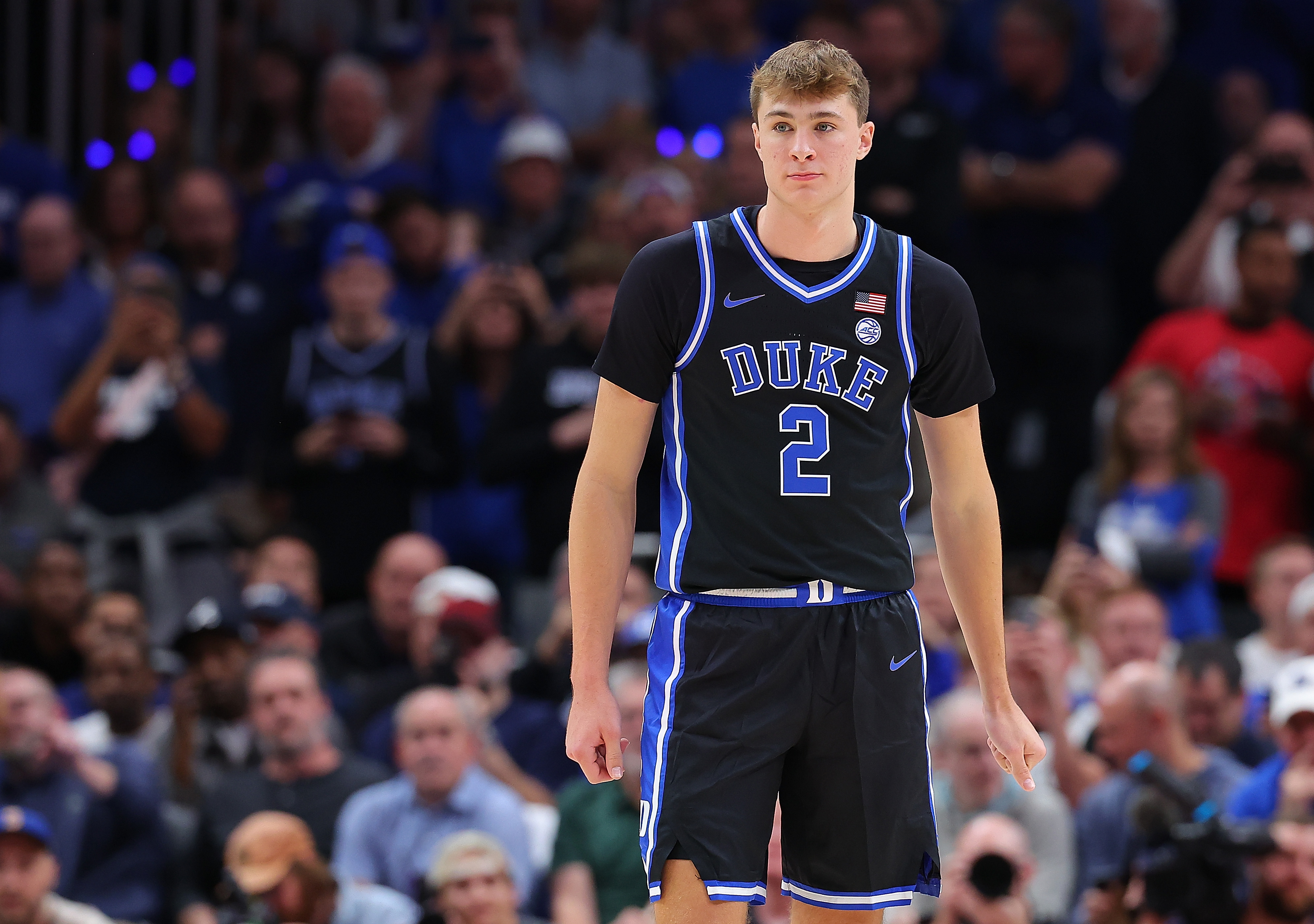Ukrainian soldiers who defended the city of Mariupol during its brutal siege at the start of Vladimir Putin's full-scale invasion are among those exchanged in a prisoner swap after two and a half years in captivity.
Russia and Ukraine conducted their 58th prisoner exchange on Friday involving 190 captives, 95 from each side, Ukrainian President Volodymyr Zelensky said in a deal reportedly brokered by the United Arab Emirates.
Among those returned were 34 Azov Regiment soldiers who defended the southern city and its steelworks of Azovstal which was eventually surrendered to Russian forces in May 2022.

As previously reported, those taken prisoner from the Azov regiment have told Newsweek of how they were taken to the Olenivka jail in the Donetsk region and tortured in captivity.
Denys "Redis" Prokopenko, the commander of the Azov brigade, said in a Facebook post that the soldiers had defended Mariupol for 86 days and allowed Ukraine to withstand the first Russian attack in the spring of 2022.
He said that news of their release "gives the personnel of the 12th Azov Brigade strength and raises morale," adding that 900 soldiers remained in captivity. "I welcome you back to your homeland and thank you for your resilience and loyalty to the motherland," he said.
Newsweek has contacted Prokopenko for further comment.
Zelensky said that the other troops released included those from the Ukrainian Armed Forces, National Guard, Territorial Defense, border guards, and police.
As well as Mariupol, they had fought in the Donetsk, Luhansk, Kharkiv, Kyiv, Chernihiv, and Kherson regions and among them was the Ukrainian human rights activist and servicemember, Maksym Butkevych.
Meanwhile, among the prisoners returned to Russia were conscripts who had been captured in Kursk Oblast during Ukraine's incursion into the Russian region, according to the Russian organization "Our Way Out."
They had been undergoing their mandatory 12 months of military service and never expected to see combat. Other Russian soldiers returned were mobilized Russian fighters and contract soldiers, including Kadyrovtsy, the ruthless troops named after the Chechen leader Ramzan Kadyrov.
The swap comes amid reports that Russian forces were executing Ukrainian prisoners, according to Kyiv, which has said that 80 percent of such killings on the battlefield had taken place this year.
Viktor Kovalenko, a Ukrainian geopolitical analyst, said that the executions aimed to intimidate Ukrainians to avoid the draft following a change in the country's mobilization legislation. The Kursk incursion has presented more opportunities on both sides for prisoners to be taken.
"Their forces are more mobile there and their positions aren't that fortified and defended like along the contact line inside Ukraine," he told Newsweek. "Moreover, Russian proven tactic of penetrating defense by small groups is more effective in Kursk."




















 English (US) ·
English (US) ·